3 questions for 3 answers from the Russian and the Deputy US Ambassador in Belgrade
Russian Ambassador to Belgrade and US Deputy Ambassador to Belgrade agree that the solution to the Kosovo problem must be the result of a compromise
Thursday, 24.10.2019.
09:27
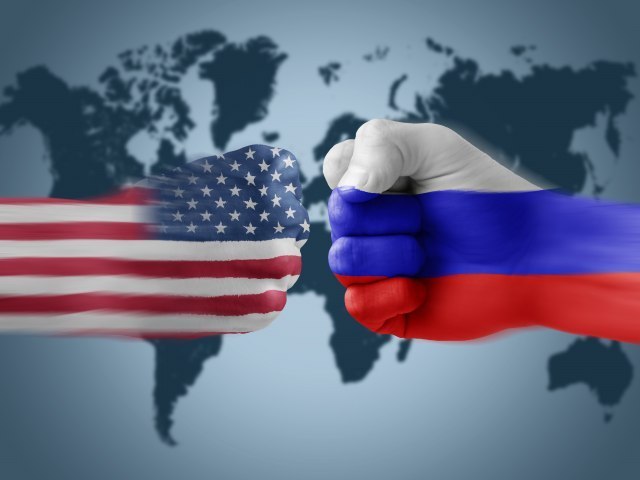
3 questions for 3 answers from the Russian and the Deputy US Ambassador in Belgrade
Russian Ambassador Alexander Botsan-Kharchenko and US Deputy Ambassador Gabriel Escobar answered the three same questions about the Belgrade-Pristina dialogue in their statements for "Vecernje Novosti".The ambassadors emphasized that the solution must be found by two parties, with the help of international actors.
Asked whether representatives of the US, Russia and other world powers should be involved in the dialogue besides the European Union, Botsan-Kharchenko said that Russia does not see all the necessary preconditions for effective negotiations for now.
He stresses that the Kosovo issue should be dealt with strictly within the international legal framework, on the basis of United Nations Security Council Resolution 1244.
"Moscow could participate in the process, but only if there was an interest and an appropriate invitation from Belgrade", the Russian Ambassador said.
Escobar believes it is important for the two sides to take the necessary steps to return to the negotiating table as soon as possible.
He adds that they will undoubtedly need the support of the international community to achieve their desired goals and that the United States, together with European partners, is there to support them.
Escobar states that it is logical that Brussels has taken the lead in the dialogue, given that both sides aim to join the EU.
He adds that others who want to support and push the process openly and transparently should also help to the extent to which negotiating parties want their assistance.
"What I find concerning are the true intentions of some who offer assistance presently. Do they care about Serbia achieving its goal and joining the EU? Do they also see that status quo is making of Serbia a kind of bog that will contribute to the tragic departure of young people from the country continue indefinitely? Or maybe they see in the status quo and regional instability some political and economic opportunities for themselves? Are they ready to roll up their sleeves and do their best to help the two sides reach an agreement and advance their European aspirations?", Escobar asked.
Asked if their countries would support border adjustment if agreed between Belgrade and Pristina, Botsan-Kharchenko points out that there can be no border correction between the two countries given that Russia does not recognize Kosovo.
He reminds of the fact that Kosovo and Metohija is a province within Serbia.
Escobar says this is an issue for Belgrade and Pristina, and points out that the US will seriously consider any agreement that meets the requirements to be enforceable, sustainable solution, without producing instability in the country or in the region.
He adds that the US is aware that a compromise solution is not easy to reach. "The essence of compromise is to give up something, but also to get something. As President Vucic often says, there is no other reasonable alternative", Escobar says.
Asked if it is necessary for Serbia to recognize the so-called independence of Kosovo, Botsan-Kharchenko reiterates that Moscow will support any option agreed between Belgrade and Pristina, and reminds that the UN Security Council can only approve a compromise solution.
Escobar recalls US President Donald Trump's view that "mutual recognition should be at the root of any agreement."
He also cites a statement from Trump's Envoy Richard Grenell, who said he made it clear that Washington is focused on helping the region unleash its economic potential.
"Leading businessmen of the world's largest economy reiterate their hesitation in investing and entering politically unstable areas. Why would any of them risk embarking on the thin ice of the frozen conflicts", Escobar concludes.




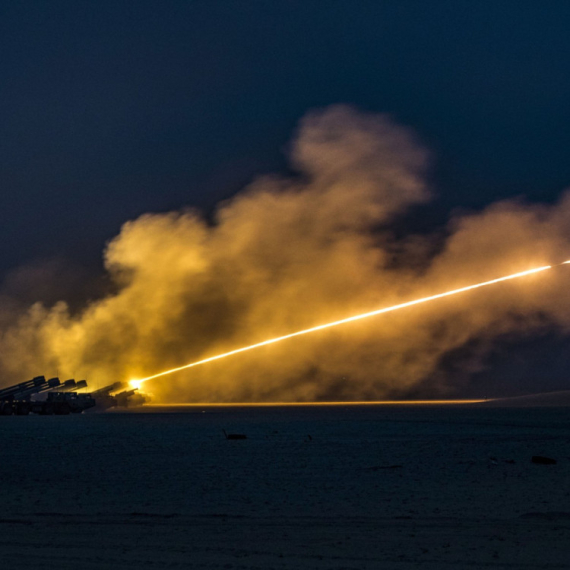






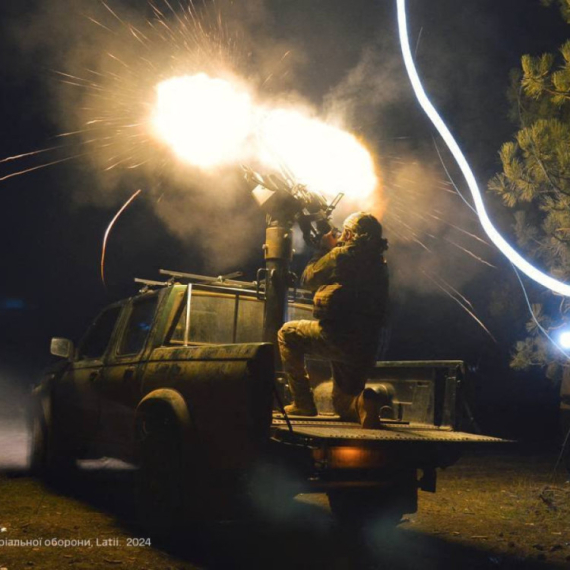



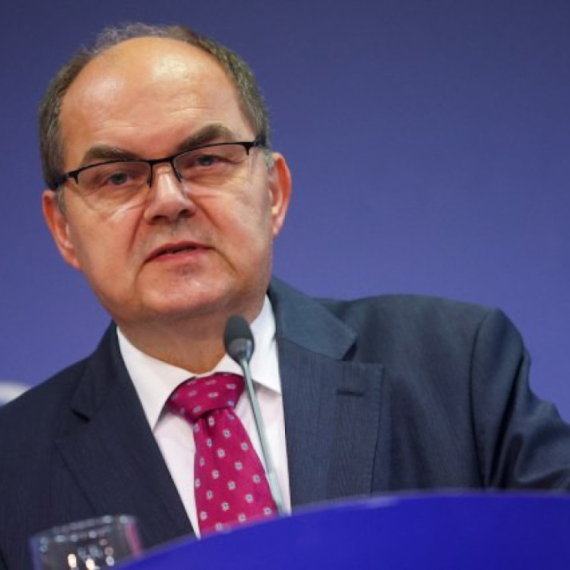
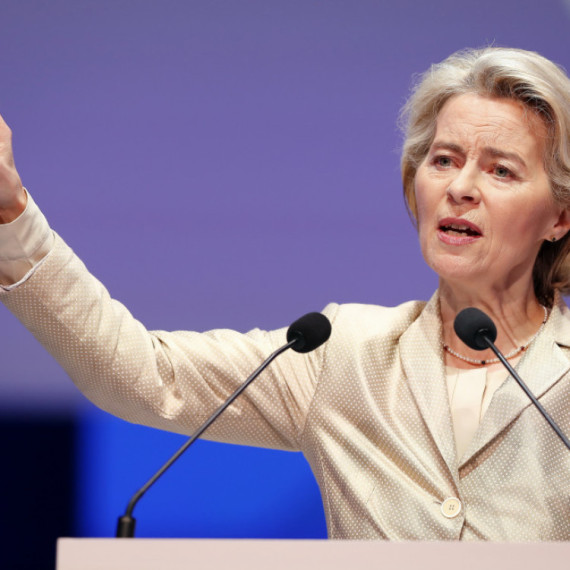










































Komentari 0